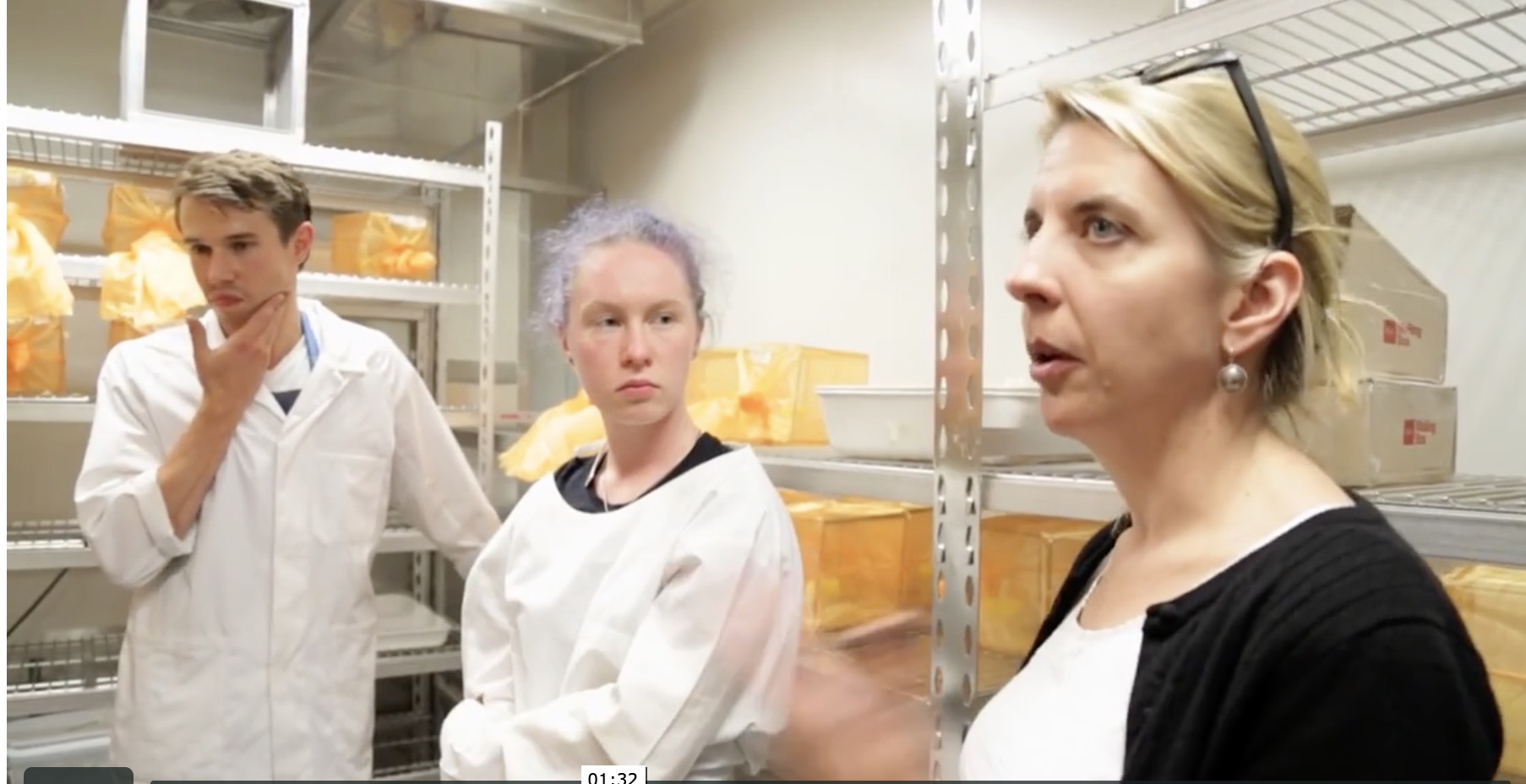About
- McGraw can comment on the biology and evolution of viruses, including the coronavirus outbreak.
- Her research methods involve quantitative genetic, experimental evolution, genomic and molecular biology approaches.
- Her research group has been studying mosquito-virus interactions and the use of Wolbachia for biocontrol against mosquito-borne diseases for the past 20 years.
Elizabeth McGraw is a professor and Huck Scholar in entomology. McGraw’s research examines how genetic diversity in a virus like dengue, and in its mosquito host, affects how the virus is transmitted. She also studies the relationship between mosquitoes and their endosymbiotic bacteria, Wolbachia. Her lab is investigating how the bacteria prevents harmful pathogens from replicating inside the mosquito — a trait that is the cornerstone of an international effort to develop Wolbachia-based biocontrol against mosquito-borne diseases.
In The Media
Will Warmer Weather Stop the Spread of the Coronavirus? Don't Count on It, Say Experts
from TIME February 28, 2020
“The droplets that carry viruses do not stay suspended in humid air as long, and the warmer temperatures lead to more rapid virus degradation,” says Elizabeth McGraw, director of the Center for Infectious Disease Dynamics at Pennsylvania State University.
Can Coronavirus Be Crushed By Warmer Weather?
from NPR February 12, 2020
"Coronaviruses tend to be associated with winter because of how they're spread," explains Elizabeth McGraw, who directs the Center for Infectious Disease Dynamics at Pennsylvania State University.
Bacteria-infected mosquitoes take bite out of deadly dengue
from NBC News November 21, 2019
What is a super spreader? An infectious disease expert explains
from Mic February 4, 2020
In Penn State News
Combating mosquito-borne diseases with bacteria
July 10, 2019
Asset Downloads
These assets are available for use. All rights reserved. Credit Penn State University.
Dr. Beth McGraw of the Center for Infectious Disease Dynamics at Penn State explains what washing your hands actually does to the virus and the effects that widespread adoption of thorough personal hygiene practices can have on public health.
Credit: Huck Institutes of the Life Sciences



